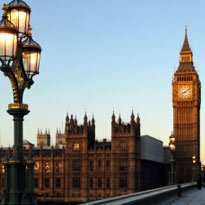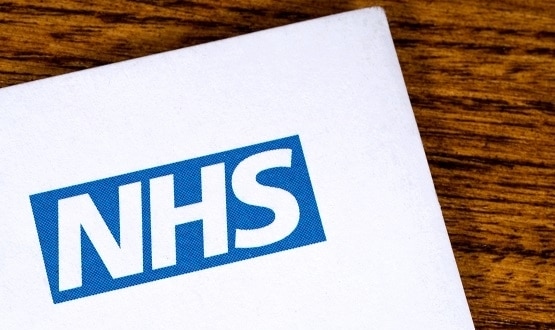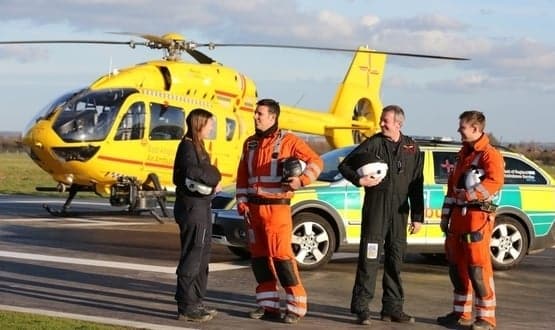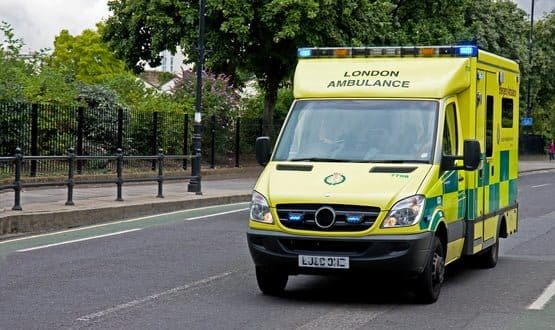PAC calls for better NHS cost data
- 4 February 2015

The Commons’ public accounts committee has called for the collection of “consistent and detailed cost data across the NHS” to inform healthcare policy.
In a report expressing grave concern about the state of NHS finances, the committee says better data should be used to “set efficiency savings targets for NHS bodies” and to work out whether new models of care “are achieving measurable and sustainable savings in practice.”
The committee, which took evidence from NHS England, regulators and trusts, warns that the financial situation of NHS providers is deteriorating, and that the health service as a whole is coming to the end of the efficiency savings approach it has pursued for the past five years.
However, it warns that while there is widespread agreement that new, more integrated care models are needed, there are significant challenges to implementing them.
The report says, for example, that “trusts do not collect and record cost data consistently enough or in enough detail for systematic analysis”, making it “almost impossible to distinguish between avoidable and unavoidable components of expenditure.”
It says new costing mechanisms are needed so that providers, commissioners and national bodies have “much better insight into what is happening.”
Other challenges identified by the report include a lack of leadership across a “fragmented” system, payment mechanisms that prevent the emergence of more integrated models of care, and the difficulties faced by trusts that have yet to become foundation trusts.
The PAC says the commissioning board and regulators should require health economies to submit integrated strategic and operational plans to show how they will move forward, and implement plans for changing the tariff and incentivising integrated care by 2015-16.
In particular, the committee says the commissioning board and regulators should urgently review the decision to pay only a third of the normal price for any acute admissions over 2008-9 levels, because this has failed to curb emergency admissions, and pushed struggling trusts into further difficulty.
The report also urges the NHS to find some headroom for investment in new service models by selling off land and making the most of any opportunities it can find for making savings; such as cutting back on the use of agency staff.
“It is clear the old ways will no longer work – radical change is required to make the NHS financially sustainable,” PAC chair Margaret Hodge said.
In 2008, the former chief executive of the NHS, Sir David Nicholson, warned that the health service faced a £20 billion gap between rising demand and flat funding by 2014-15. He urged the NHS to bridge this by pursing quality, innovation, productivity and prevention initiatives.
The committee’s report confirms the findings of think-tanks such as the King’s Fund and Nuffield Trust that, in practice, the NHS has found the savings it has made by holding down the tariff and freezing staff wages.
This has delivered savings of 1%-2% a year, against the ‘Nicholson Challenge’ of 4%, but put significant pressure on providers.
The committee reports that the financial situation of trusts and foundation trusts has worsened in the two years since it last looked at the issue; with the percentage in deficit growing from 10% in 2012-13 to 26% in 2013-14, as the overall surplus fell from £2.1 billion to £722 million.
Hodge warned that while there was agreement that new, integrated service models are the way forward, these will require “significant upfront investment”. However, the money required is reducing as “the number of organisations in deficit increases”; requiring new thinking.




